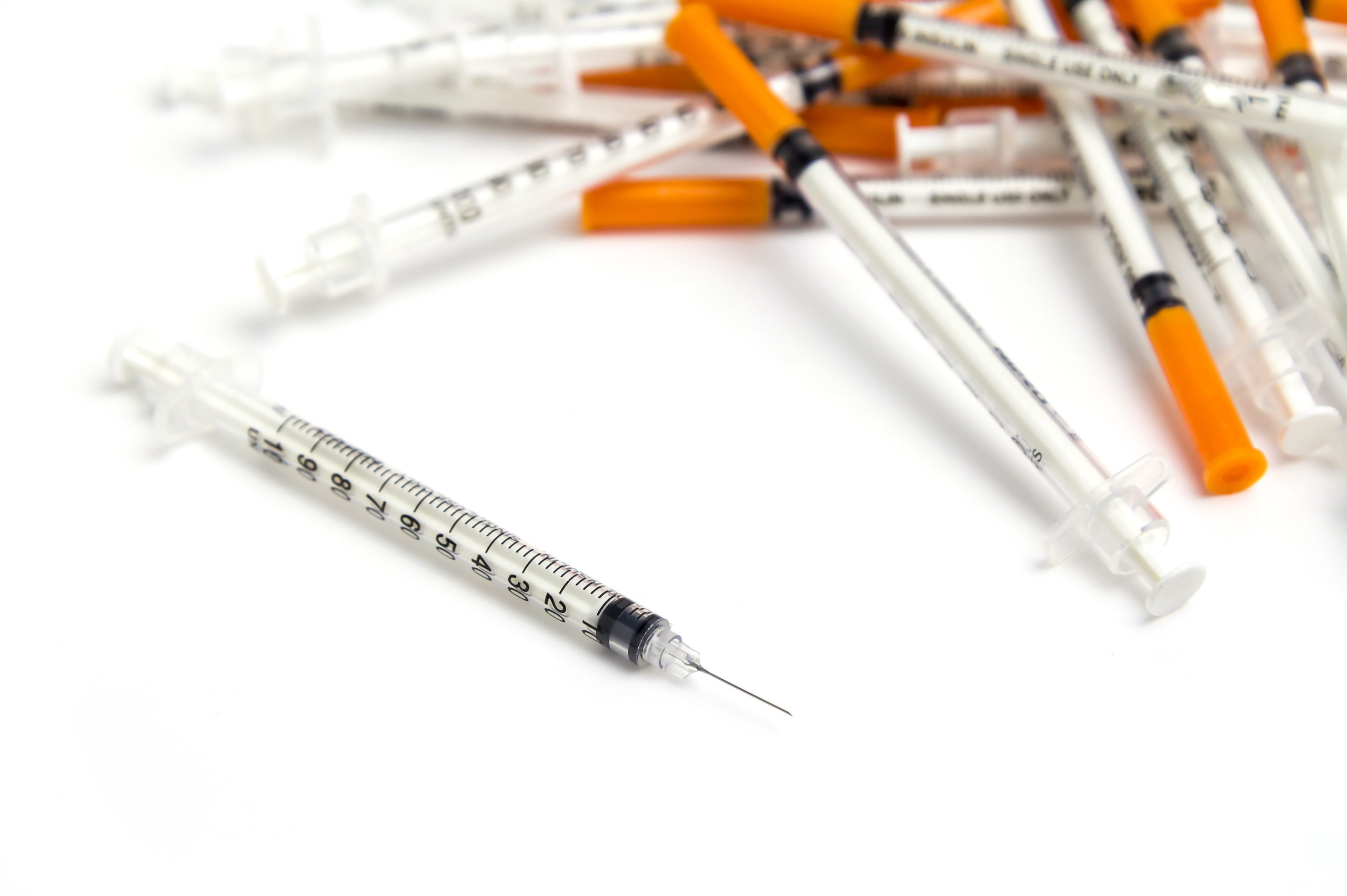When it comes to combating crippling addictions to narcotics like heroin, unconventional methods are often proposed as potential solutions. One such suggestion (that has had its fair share of controversy) is the implementation of safe injection sites in major cities. The idea would be for users to get access to clean needles and avoid the spread of intravenous diseases. But does that concept work and would it be embraced? Interestingly, new research is saying “Yes.”
The latest study on the subject comes out of the Journal of Urban Health, which surveyed 326 people who had reported addictions to heroin, fentanyl and other illicit narcotics. Of that group, 77 percent claimed that they would be willing to go to a safe injection facility (or SIF).
There have long been debates as to whether users would even frequent an establishment like this. For one thing, there’s the trust factor to consider. These are major public establishments and those using illegal drugs may have fears of being arrested or interrogated about their habit.
But the new research is showing that isn’t the case. And lead author Ju Nyeong Park feels it is important that support from this community is heard loud and clear.
“On the whole, we found a strong willingness to use safe consumption spaces,” Park explained in his report. “This is important because often the voices of people who use drugs are not included in policy debates or in the implementation of public health interventions.”
For the record, these types of practices have seen great success in other countries. Canada and Australia, for example, have been using SIFs for decades and, since their implementations, reductions have been reported in fatal overdoses and the spread of hepatitis.
To that point, advocates also argue that these types of facilities can save lives. If a user were to undergo an overdose at a SIF, trained personnel would be on hand to assist or get them transferred to a hospital. There are also recovery specialists available, who could potentially counsel users willing to enter a treatment program.
The United States has yet to open a fully operational SIF. Philadelphia has been proposed as a possible city to begin this type of program, but there are plenty of politicians who still do not feel comfortable with the concept. Perhaps this latest research can help sway some decisions.

Pile of medical syringe isolated on white background






